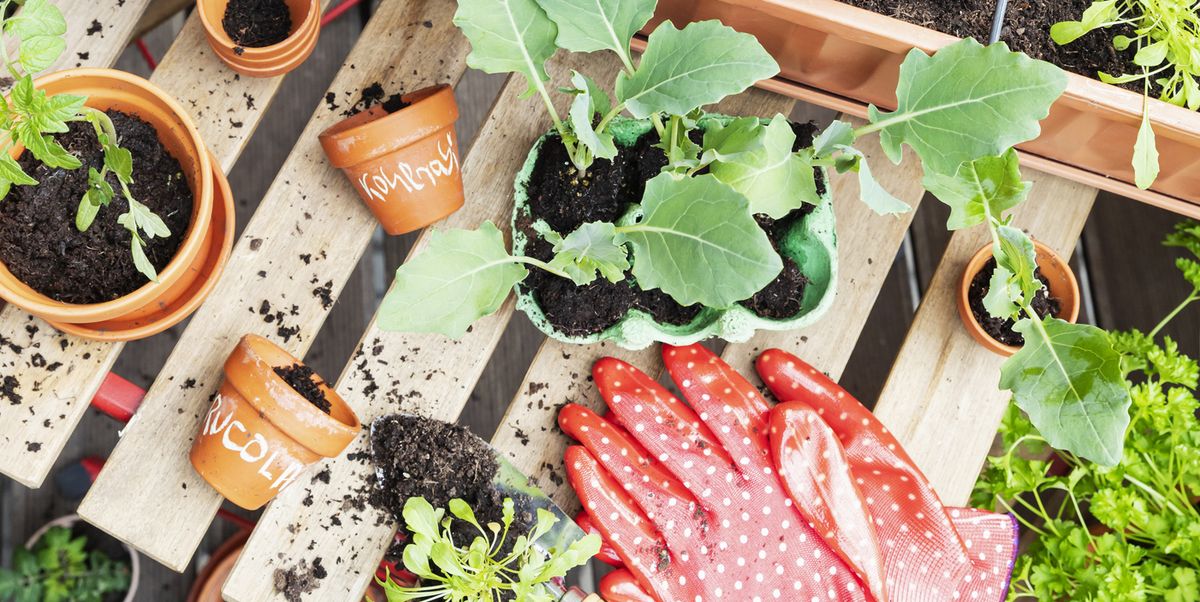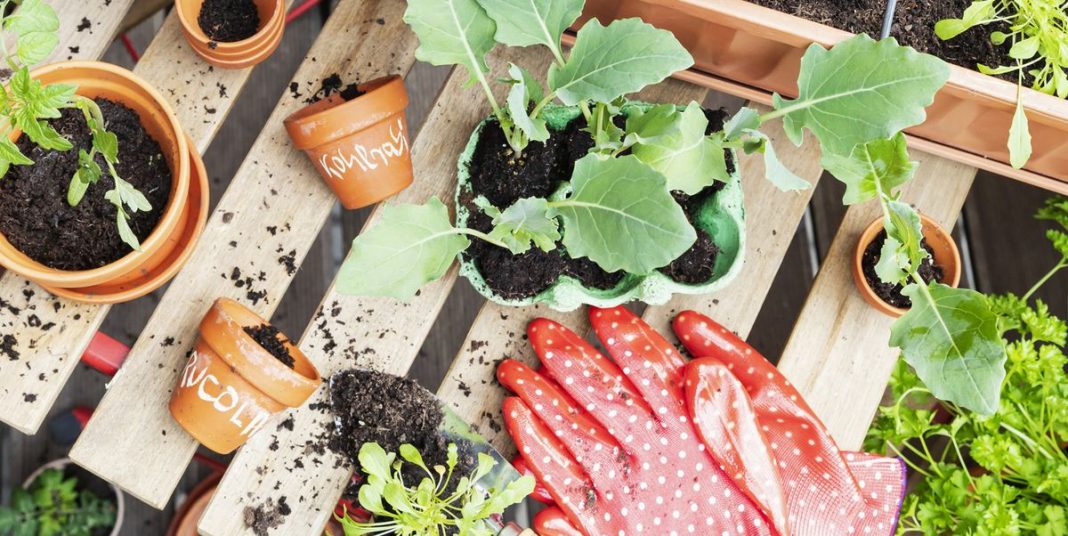Ecological gardening, as a holistic and interconnected approach, extends beyond traditional boundaries, aiming for a garden that not only sustains life but actively contributes to the regeneration of the broader ecosystem. This enlightened perspective on gardening is an exploration of harmony, balance, and a commitment to nurturing the Earth. Let’s delve into the principles and practices that define this forward-thinking and ecologically conscious approach.

Ecosystem Mimicry in Design:
At the core of ecological gardening is the concept of ecosystem mimicry in garden design. The gardener seeks inspiration from natural landscapes, incorporating diverse plant communities, microhabitats, and wildlife corridors within the garden layout. By emulating the structure and functions of natural ecosystems, the garden becomes a harmonious and resilient living space.
Permaculture Ethics and Principles:
Ecological gardening aligns with permaculture ethics—Earth Care, People Care, and Fair Share. Permaculture principles such as stacking functions, creating guilds, and utilizing edge effects guide the gardener in designing a productive and sustainable garden ecosystem. This regenerative approach focuses on creating systems that benefit both the garden and its inhabitants.
Native Plant Embrace:
A hallmark of ecological gardening is the embrace of native plants. The gardener prioritizes indigenous flora, recognizing their role in supporting local biodiversity, pollinators, and wildlife. Native plants are well-adapted to the local climate and require minimal inputs, contributing to a resilient and low-maintenance garden that thrives in harmony with its surroundings.
Holistic Soil Health Management:
In ecological gardening, soil is regarded as a living entity that requires holistic care. Cover cropping, rotational planting, and minimal soil disturbance preserve soil structure and promote microbial diversity. The gardener focuses on building healthy soil, understanding it as the foundation of a thriving garden ecosystem.
Regenerative Practices for Water Conservation:
Water conservation takes precedence in ecological gardening through regenerative practices. Rainwater harvesting, swales, and contour planting techniques are employed to capture and retain water within the landscape. By restoring natural water cycles, the garden becomes more resilient to drought and supports a sustainable water balance.
Wildlife-Friendly Habitat Creation:
Ecological gardening actively creates habitats that support local wildlife. The gardener designs spaces for beneficial insects, birds, and small mammals, fostering a biodiverse environment. Nesting boxes, insect hotels, and diverse plantings attract and sustain a variety of species, promoting ecological balance and resilience within the garden.
Closed-Loop Resource Management:
Closed-loop resource management is a fundamental principle of ecological gardening. The gardener utilizes on-site resources efficiently, incorporating composting systems, mulching, and recycling organic matter. By minimizing external inputs and waste, the garden becomes a model of sustainable and self-sufficient resource management.
Community Collaboration and Education:
Ecological gardening extends beyond individual plots to community collaboration and education. Community gardens become centers for shared knowledge, seed exchanges, and collaborative projects that promote ecological awareness. Educational initiatives empower community members to adopt sustainable practices, creating a network of ecologically conscious gardeners.
Carbon Sequestration and Climate Mitigation:
Understanding the role of gardens in climate mitigation, ecological gardening emphasizes carbon sequestration. The gardener selects plants and practices that enhance carbon capture in the soil, contributing to the global effort to combat climate change. Ecological gardening becomes a tangible and impactful act of environmental stewardship.
In conclusion, ecological gardening is an exploration of interconnectedness, embracing principles that extend beyond the garden bed to the broader ecosystem. By fostering biodiversity, regenerating soil health, and actively participating in environmental stewardship, the ecological gardener cultivates not just a garden but a sustainable and harmonious living system that resonates with the rhythms of the natural world.


